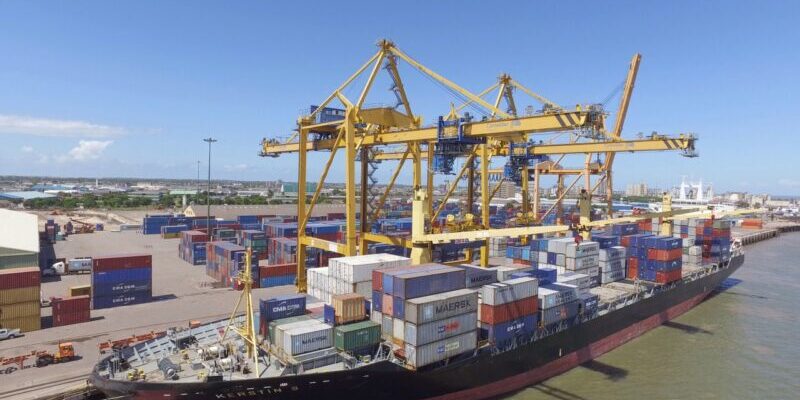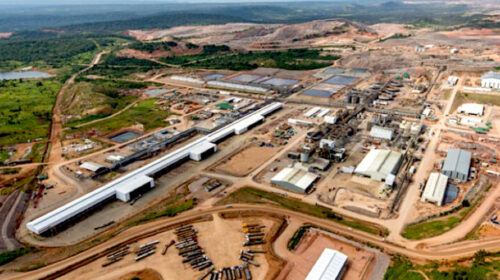Beira Corridor Drives Expansion in Southern Africa’s Cold Chain Logistics
The cold chain logistics industry in Southern Africa has seen significant growth in recent years, driven by increased capacity and investment.
Marco Grobbelaar, General Manager of Independent Beira Logistics Terminals and Services (IBLT&S), highlights that the Beira corridor has particularly experienced a notable rise in traffic.
This expansion is attributed to several key factors, including competitive landside operations and lower ocean freight rates compared to surrounding ports.
A major contributor to this surge is the rising import volumes of fertilizers, which are essential for boosting logistical activities in the region.
In response to this demand, IBLT&S has enhanced its infrastructure, now offering 30 reefer connection points and allocating substantial yard space for frozen imports destined for Zambia and the Democratic Republic of the Congo.
On the export side, the focus is on providing seasonal supply chain solutions for perishable products like citrus and avocados. This involves comprehensive logistics, with products transported in ambient conditions to Beira for processing or directly packed in reefers at farms before being sent to Beira for export preparation.
Despite these advancements, challenges remain, particularly regarding equipment availability. Grobbelaar notes a persistent shortage of controlled atmosphere (CA) containers, vital for maintaining product quality during transport.
This shortage highlights the ongoing need for investment and infrastructure development in the cold chain sector throughout Southern Africa.
The United States International Trade Administration supports these concerns, emphasizing Mozambique’s underdeveloped cold chain infrastructure as a barrier to reducing food waste and enhancing food security.
The report stresses the importance of improving logistics capabilities in maintenance, transportation, storage, and handling, alongside standardized training and management practices.
Grobbelaar is optimistic about the future of cold chain logistics in Mozambique, citing the country’s strategic geographical location.
Beira’s proximity to major agricultural regions results in shorter inland transit times from farms to the port, positioning it as a potential hub for cold chain movements.
Additionally, new shipping line services, such as Unifeeder, now operating at Beira port, contribute to competitive ocean freight rates, further enhancing its appeal as a logistical gateway.
Mozambique’s favorable regulatory environment also plays a crucial role. Unlike some neighboring ports that impose restrictions on certain cold chain products, Mozambique facilitates these movements as long as necessary inspections and permits are in place, thereby attracting more businesses to its ports.
While challenges persist, the outlook for cold chain logistics in Southern Africa, particularly through the Beira corridor, is promising.
With ongoing investments in infrastructure and proactive initiatives from stakeholders like IBLT&S, the region is well-positioned to become a vital link in the global cold chain supply network. Grobbelaar expresses strong optimism for growth, indicating a bright future for the sector in the coming years.
105 total views , 1 views today





